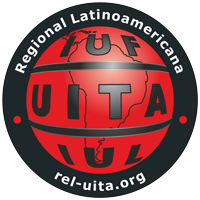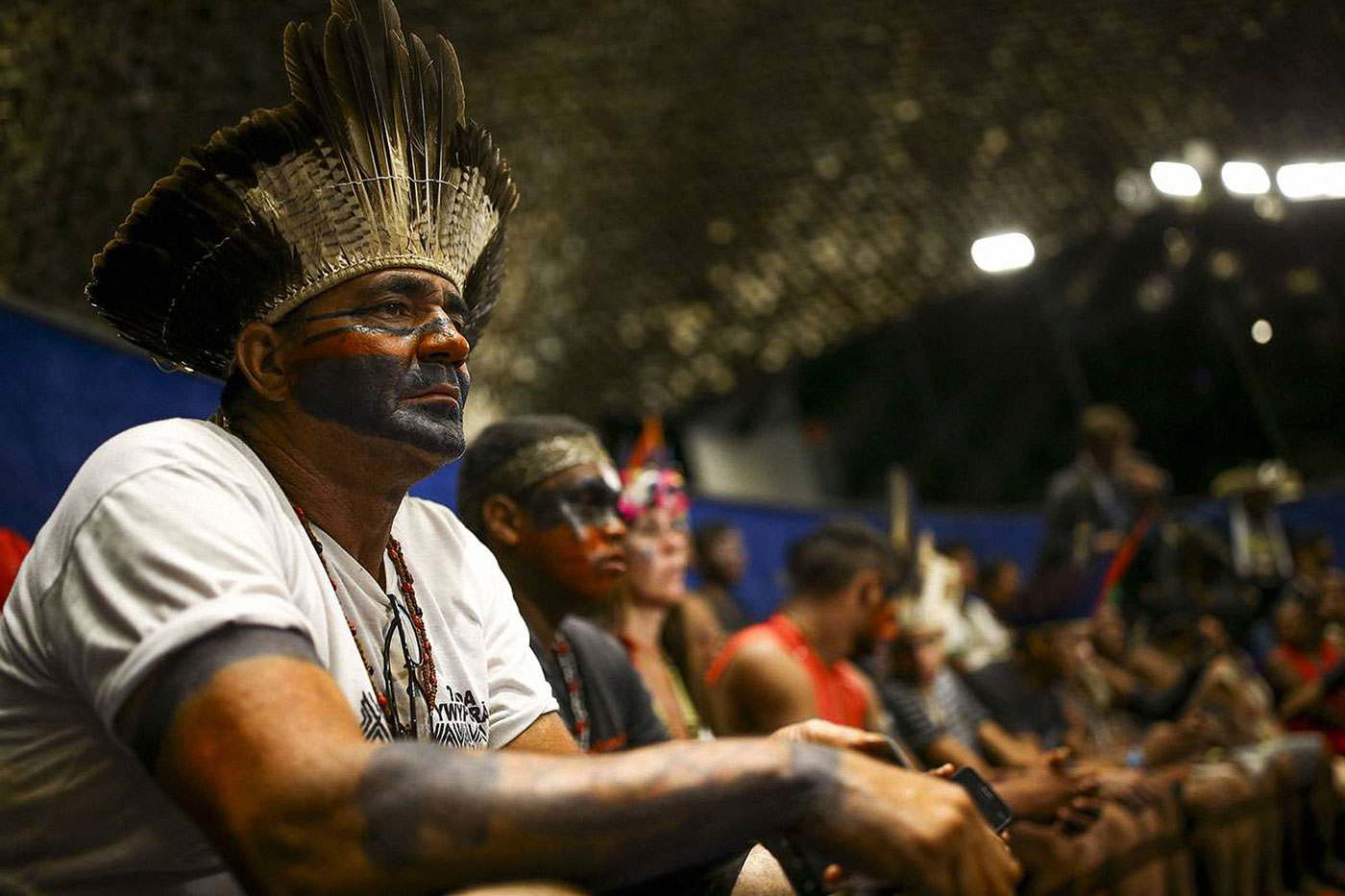On March 3, a group of representatives of several indigenous peoples in Brazil and Colombia, backed by international NGOs, brought an action in a Saint-Etiénne court, in southeast France, against the French transnational Groupe Casino (which owns supermarkets around the world) for selling meat sourced by supply chains associated with deforestation and for violating the rights of these communities.
As reported by the Spanish newspaper El País de Madrid, the claimants are citing a French due diligence law requiring companies with more than 5,000 employees to ensure that their subsidiaries and subcontractors are not responsible for serious violations of human rights and fundamental freedoms and that they do not harm the health and safety of people and the environment throughout their sphere of influence.
The claimants are seeking compensation from Groupe Casino for the damages caused to “our livelihoods, our ancestry, our culture, and which, above all, affect the survival of our indigenous peoples,” Luiz Eloy Terena, leader of the Terena people of Brazil, said in a virtual press conference, the French news agency AFP reports.
The action is motivated by Casino’s beef purchases from slaughterhouses owned by the Brazilian company JBS.
The Center for Climate Crime Analysis reports that three slaughterhouses of the Brazilian meatpacking giant sourced cattle from 592 suppliers responsible for at least 50,000 hectares of deforestation between 2008 and 2020—an area five times the size of Paris.
Another piece of evidence furnished by the denouncing organizations assures that a group of cattle ranches that supply the Pão de Açúcar supermarkets, owned by Casino’s Brazilian subsidiary, encroached on and commercially exploited tribal lands of the Uru-Eu-Wau-Wau people in the Brazilian state of Rondônia.
“The demand for beef by Casino and Pão de Açúcar brings deforestation and land-grabbing, and violence and the murder of indigenous leaders when they choose to resist,” Terena said.
In statements to El País de Madrid, a Casino spokesperson assured that its subsidiary in Brazil “applies a systematic and rigorous policy for tracking the origins of the beef provided by its suppliers.”
For its part, Grupo Éxito, Casino’s Colombian subsidiary, told the Bogotá newspaper El Tiempo that it monitors “100 percent of the land [more than 37,000 hectares] of our 39 suppliers, so that all the meat sold in our stores comes from establishments committed to the conservation of natural ecosystems.”
The Bogotá subsidiary also claimed that the beef sold in its Éxito supermarkets bears labels indicating the product’s properties.
However, these labels only allow consumers to know the origin of the meat as of the fattening stage, providing no information on the previous cattle-raising stages, and thus, as El Tiempo notes, there is no guarantee that the meat does not come from illegally deforested lands.
In this way, for the first time in its history, the French multinational corporation will be brought to court for deforestation and human rights violations.
(Taken from the Uruguayan newspaper La diaria, March 10, 2021. Subheadings added by La Rel)
Photo: La diaria

